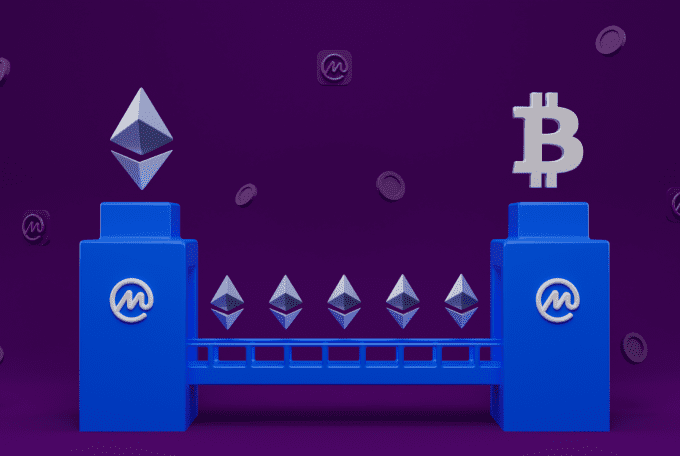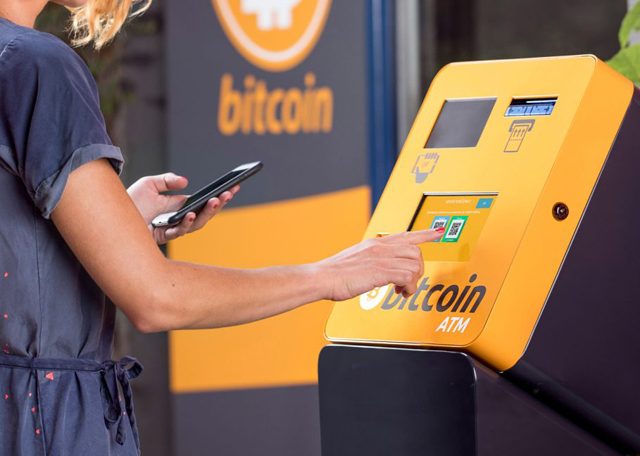Decentralization is the main feature of cryptocurrencies. They are not under banks’ or regulators’ control, and no one can change their emissions. Roughly speaking, if you put money in a bank deposit, in fact, they do not belong to you. But if you invest in crypto, you remain the only owner of your funds.
Transactions with digital assets take place on crypto exchanges. There are two main types of exchanges:
- Centralized
- Decentralised cryptocurrency exchange.
The first option is most used, for it gives users a guarantee that their funds are protected.
Centralized platforms are focused on users’ safety and the safeguarding of investments. They implement complex mechanisms to increase the safety of funds and protect them against hacker attacks and other illegal activities.
To keep track of users’ suspicious activity and block if one takes place, centralized platforms need to know their clients. For this, they ask for KYC (know-your-customer) verification. That is, clients provide their documents and ID data to be checked.
Some traders prefer to remain anonymous and hide their transactions and identity. For it, they use a decentralized crypto exchange.
A crypto exchange without ID verification
This type of platform allows conducting transactions with digital assets remaining anonymous. A decentralised cryptocurrency exchange does not ask for passing KYC and often even does not require registration.
A crypto exchange without ID verification, for example, the most popular SushiSwap, allows to conduct operations with assets, buy, sell, and swap directly between users, with no intermediaries. In this case, your funds’ safety depends on you only. The platform does not give you any guarantees about the security of your transaction.
So, on the one hand, you receive total anonymity, but on the other hand, you risk losing your funds. That is the main reason why decentralized platforms are less popular. Traders and investors prefer working with official services that share the responsibility for their investments with them and control and block any illegal activities threatening other users.
For more information about decentralized and centralized platforms, visit the White Blog. It’s a valuable resource made by the WhiteBIT exchange to increase users’ awareness of the crypto market and improve trading skills.





